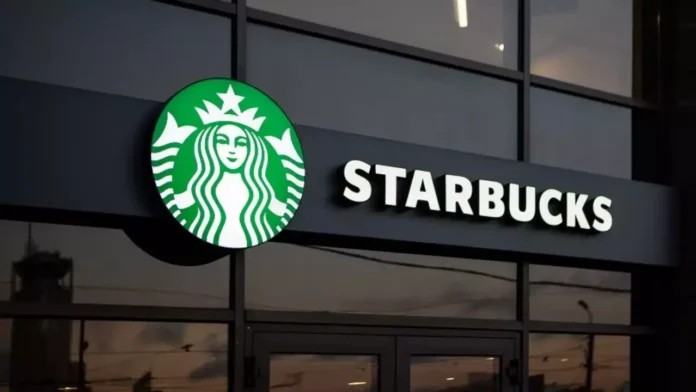Seattle’s Starbucks Corporation is feeling the rapid repercussions of escalating global political tensions, with a staggering loss of around $11 billion in value. This accounts for a significant 9.4% reduction in the company’s overall worth.
Within a span of 19 calendar days since its November 16 Red Cup Day promotion, Starbucks has experienced a significant 8.96% drop in shares, amounting to an almost $11 billion loss. This downturn is attributed to analysts’ reports highlighting slowing sales and a subdued response to the holiday season’s offerings.
The protests within the Seattle, Washington-based chain have profound origins, delving into delicate geopolitical matters. This situation unfolded when Starbucks Workers United, the union representing numerous baristas, sparked controversy with a tweet expressing solidarity with Palestinians, placing the company in a challenging position.
“Amid an ongoing boycott due to the Israeli occupation’s aggression against the Gaza strip, the undercurrent of discontent signals a challenging brew for the company’s future,” an industry analyst said.
Starbucks shares have undergone a continuous decline over 12 consecutive stock market sessions, marking the lengthiest downward streak since the company’s initial public offering in 1992. Presently, the stock is hovering around $95.80 per share, a notable decrease from its annual peak of $115.
While the company has refuted any wrongdoing in these situations, it grapples with the task of preserving its brand reputation amidst contentious global issues.
During a recent discussion with analysts, Starbucks CEO Laxman Narasimhan expressed optimism regarding the company’s diverse channels and its capability to connect with customers, despite challenges posed by macroeconomic factors and evolving consumer behaviors.
The current Starbucks boycott is part of a broader movement targeting various global brands due to their support for Israel. In Egypt, Starbucks reportedly had to let go of workers in late November, as the financial repercussions of the boycott took a toll, necessitating expense reductions.





